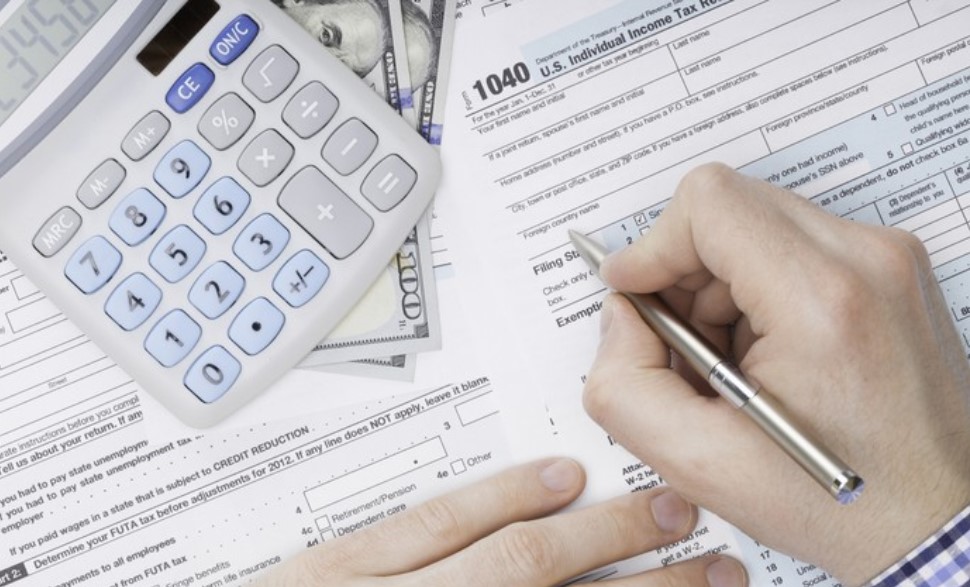Filing your taxes as a business owner can come with unique and complex tax issues. It is up to you to properly do your taxes or hire a professional to do them for you; otherwise, you could face penalties for making critical mistakes on your tax documents. You could also make a mistake that could cost you thousands of dollars, such as failing to deduct business expenses. Deducting the right expenses could help you shoulder the costs of running a trade or business.

Table of Contents
What Is a Tax Deduction?
The Internal Revenue Service (IRS) allows taxpayers to claim standard or itemized deductions each tax season. A tax deduction reduces a taxpayer’s annual income – thus resulting in lower tax liability for the individual. If you have qualifying tax deductions, you may pay less in taxes. Deductions are expenses you incurred during the previous tax year you may be able to subtract from your gross earned income. Taxpayers can deduct many different expenses from their incomes, especially as business owners or sole proprietors.
As a business owner, you may spend thousands of dollars on items that qualify for tax deductions later in the year. This could include property taxes, mortgage interest, health care costs and job-related expenses. The IRS may allow you to deduct all these expenses on your taxes, reducing your tax liability and how much you will have to pay the government. Even travel expenses may qualify as deductions if you traveled for work reasons. You can use a reverse mortgage calculator to see how this may impact your finances in the long run.
What Business Expenses Qualify for Deductions?
The IRS will only accept certain deductions under the umbrella of business expenses. You cannot, for example, list an unnecessary expense such as flying first-class on a personal vacation as a business tax write-off. A business expense must be reasonable and necessary for the IRS to accept it as a deduction. A reasonable and necessary expense is generally one that is common in your industry or trade. It does not have to be an indispensable expense to be necessary. Many common business expenses qualify for deductions on federal taxes.
· Raw materials
· Storage
· Labor expenses
· Employee benefits
· Factory overhead costs
· Business assets
· Start-up costs
· Improvements
· Business use of your home or car
· Retirement plans
· Business insurance
Business expenses are separate from personal expenses, capital expenses and those used to calculate the cost of goods sold. Be prepared to prove to the IRS that an item you listed as a business expense deduction was ordinary and necessary for your business if the IRS audits you. The expense must be common, accepted in your trade, helpful and appropriate for your business. Otherwise, the IRS may refute its categorization as a deductible business expense.
Make the Most Out of Tax Season
Some business expenses may be fully refundable, while others are only partially refundable. If you use a part of your home for personal reasons, for example, you may only be able to list a home office as a business expense. If you provided gifts to your customers as part of your business, these expenses will also not be fully deductible. The IRS only permits gifts up to $25 per person to qualify as business expenses. If the item surpasses this price, you may only claim up to $25 per customer as a business expense. Gifts you give employees, on the other hand, are fully deductible.
If you own your own business, hire a certified tax professional to handle your financial affairs this federal tax season. An expert will be able to limit your tax liability from all possible angles, including listing all available business expense deductions. According to Houston criminal defense attorney David Breston, if you can run in to legal issues if you have income and expenses left off the books. An accountant can help you identify all ordinary and necessary deductions within your business, helping you benefit from maximum tax breaks. The list of potentially deductible business expenses is long. Work with a tax professional to protect your financial interests as a business owner during federal tax time.

